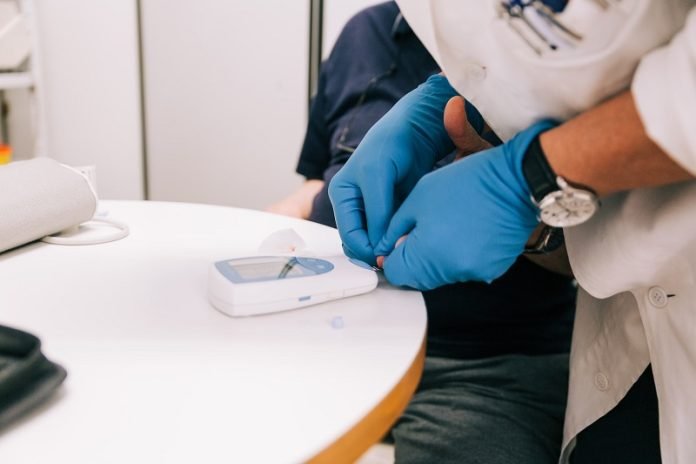
Type 2 diabetes can be a daunting condition to manage. A new study from Western Sydney University offers a glimmer of hope for improved care.
The research suggests that a collaborative approach between endocrinologists and general practitioners (GPs) can yield significant benefits for patients.
The Unique Approach
Instead of conventional methods, the researchers opted for a “patient-free” diabetes case conferencing model. In this approach, with the patient’s consent, an endocrinologist and either a practice nurse or a diabetes educator visited GP practices.
The team then spent about 15 to 20 minutes discussing each patient’s case to develop a joint management plan.
Positive Outcomes
The study involved over 600 patients from 40 different general practices in southwestern Sydney and spanned three years.
The results were encouraging: blood glucose levels significantly improved, with more than a third of patients meeting their target levels.
Additionally, systolic blood pressure improved, with over 75% of patients hitting their target range.
The Advantages of Teamwork
This model offers several benefits:
For Patients: Specialized care with no additional time or cost involved.
For GPs: Enhanced capability to manage diabetes patients due to the added insights from endocrinologists.
For the Health System: Reduced burden on hospital clinics and a potential reduction in hospitalizations.
Managing Diabetes Effectively
Effective management of type 2 diabetes involves several key steps:
- Monitoring: Regularly check your blood sugar levels.
- Diet: Maintain a balanced diet.
- Physical Activity: Exercise most days of the week.
- Medication: Take prescribed medicines as directed.
- Stress Management: Find healthy ways to cope with stress.
- Quit Smoking: It’s crucial for better management and reducing risk.
- Adequate Sleep: Aim for 7-8 hours of quality sleep each night.
- Team Up: Regular check-ups and follow-ups with your healthcare team.
Takeaways
If you or someone you know has type 2 diabetes, consider discussing the “patient-free” diabetes case conferencing approach with your healthcare provider.
The results from Western Sydney University’s study suggest that this could be a significant step forward in improving the management of type 2 diabetes.
By implementing these collaborative methods and taking active steps in your personal management, you can look forward to a healthier future.
If you care about diabetes, please read studies that eating more eggs is linked to a higher risk of type 2 diabetes, and how to eat to reduce heart disease death risk if you have diabetes.
For more information about nutrition, please see recent studies about a high-protein diet linked to a higher risk of type 2 diabetes, and results showing Mediterranean diet could help reduce the diabetes risk by one-third.
Follow us on Twitter for more articles about this topic.
Copyright © 2023 Knowridge Science Report. All rights reserved.



